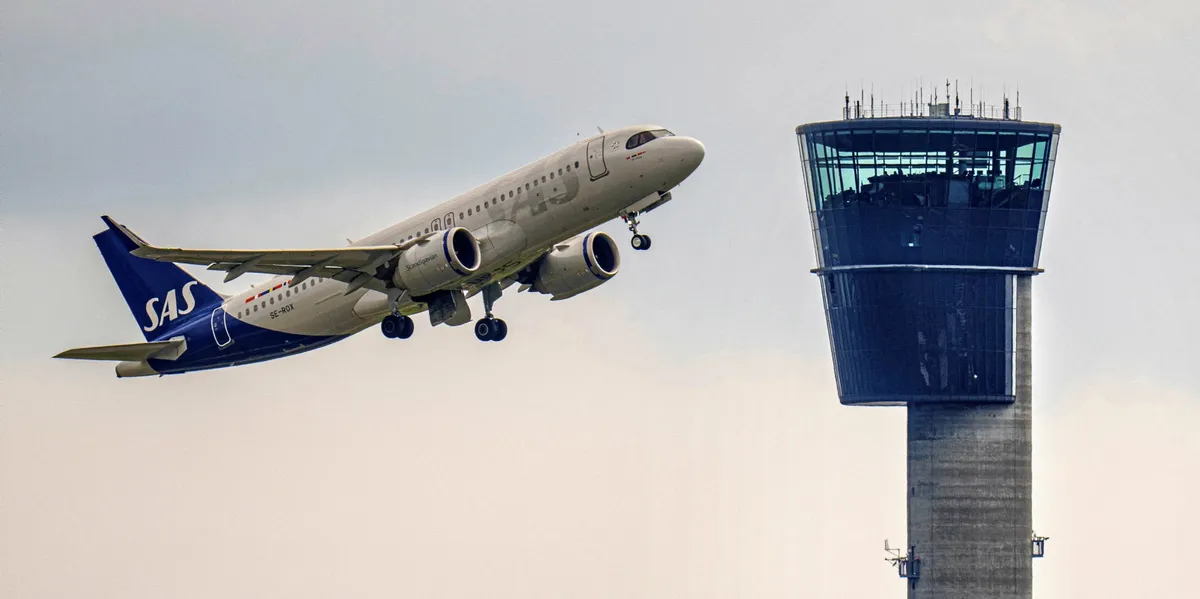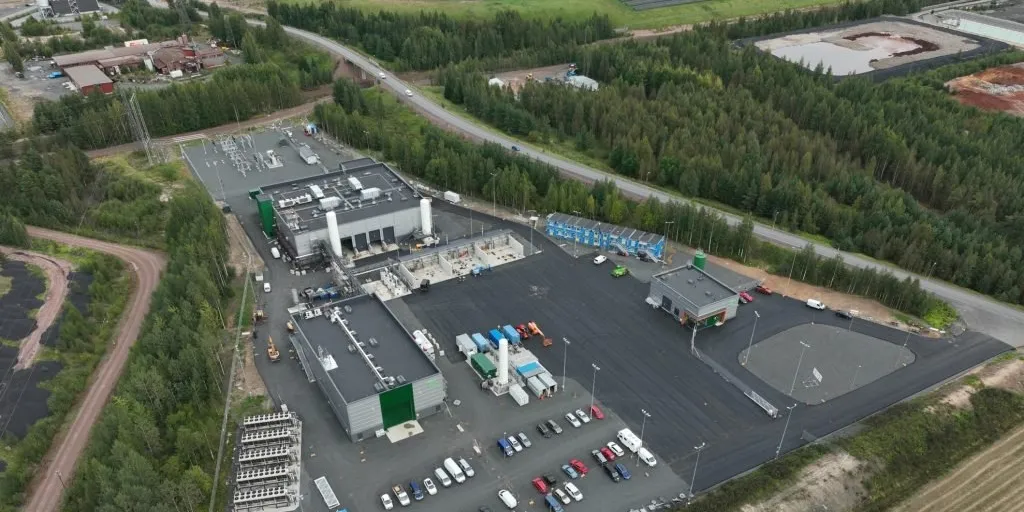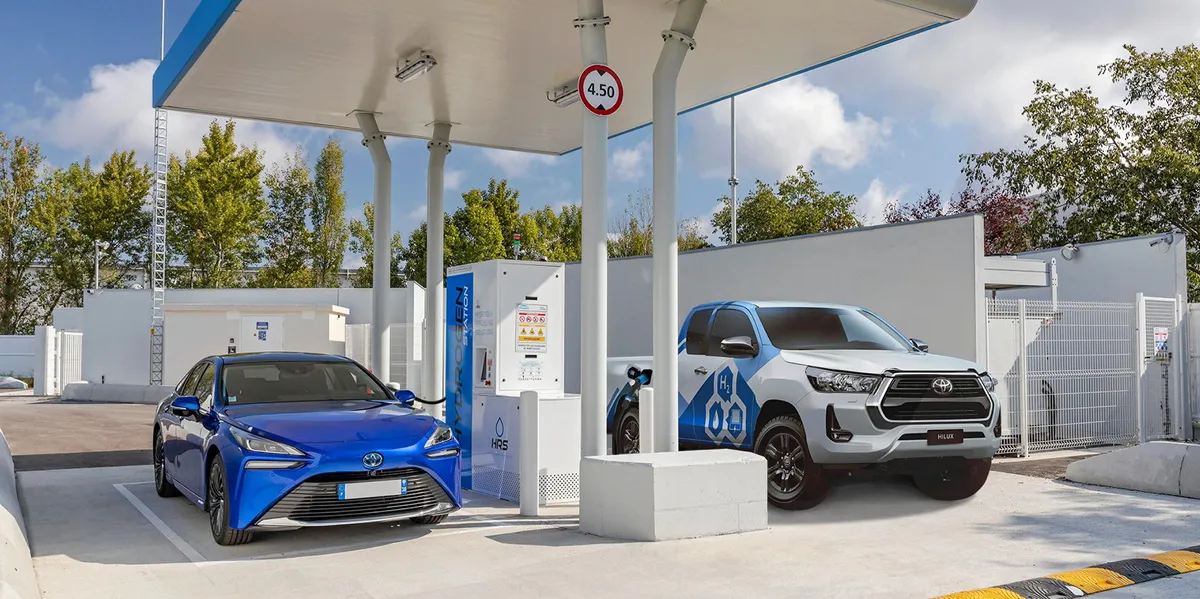
Scandinavian airline SAS, Copenhagen Airport and Aalborg Airport have signed an agreement with renewables developer Copenhagen Infrastructure Partners to form “a joint and united front” to support green hydrogen-based synthetic aviation fuel production in Denmark.
CIP is developing Fjord PtX, an e-SAF plant in the city of Aalborg, estimated to cost between €1.5bn ($1.58bn) and €2bn.
The developer has set out a timeline for construction to begin in 2025 and a start of full operations in 2028.
However, its partners on the project — engineering firm COWI and industrial site operator Norbis Park — both suggest that construction is more likely to begin in 2026, with full operations before 2030.
While CIP has not confirmed how much electrolyser capacity will be installed at the plant, but it expects to produce 90,000 tonnes of aviation fuel per year, equivalent to the total annual fuel consumption of domestic flights within Denmark.
CIP also estimates that Fjord PtX will consume 1.5TWh of electricity per year, or less than 5% of the country’s total electricity demand, while generating enough waste heat for approximately 7,000 households.
“We have been developing our project for the past three years, and today’s agreement with the most important actors in Danish aviation is a positive step forward toward sustainable aviation,” said Søren Toftgaard, partner at CIP.
“We urge European and Danish governments and authorities to step up by providing clear and supportive schemes, which will be key for the ramp up of this new industry. With the right frameworks in place, this partnership and Fjord PtX can become a cornerstone of Denmark’s sustainable future.”
The EU has set out strict mandates for 1% of aviation fuel to be made from green hydrogen by 2030, with fuel suppliers expected to pay double the premium compared to conventional jet fuel for each barrel away from the quota.
However, while this was expected to result in a wave of final investment decisions for projects focused on serving the aviation sector, a number of these developments have been cancelled or shelved due to high costs and a lack of committed offtakers.


